Creating social and economic value
Tackling climate change requires big changes in how we produce, transport, and use energy.
The scale and nature of these changes will impact people - employees, consumers, communities, suppliers, and wider society in different ways.
Companies like us have a responsibility to shape those changes so that opportunities to create shared value and economic prosperity (for example, through community investment funds) are realised, and potentially negative impacts (for example, loss of high-carbon jobs) are minimised.
This supports a ‘just transition’ that is fair and inclusive.
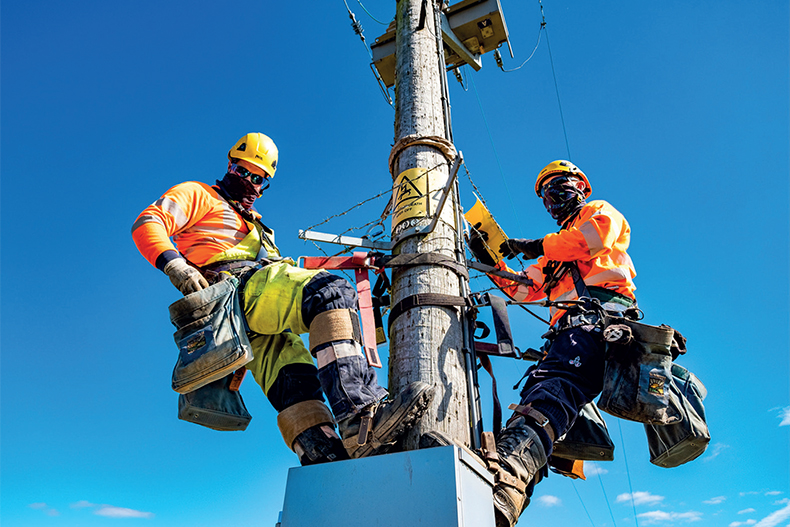
Sustainability for people and the environment
Our latest Just Transition Strategy was published in 2024, replacing the 2020 version. The strategy focuses on:
- A place-based approach, ensuring work is tailored to local communities.
- A framework of 20 principles guiding decision-making.
- Tracking progress across 10 key performance indicators, including job creation, human rights, and community investment.
A fair deal for consumers and taxpayers
Fair tax and collaboration
As we move toward a net zero economy, fair taxation plays a crucial role in funding climate initiatives and promoting social and economic equity.
Our commitment to fair taxation
- We became the first FTSE 100 business to achieve the Fair Tax Mark (2014).
- Talking Tax reports provide transparent insights into taxes paid and where they go.
- Annual updates highlight our wider economic impact, including the number of jobs supported.
Consumer fairness
Our just transition strategy prioritises fairness, ensuring:
- Collaboration with customers and communities in decision-making.
- Evidence-based investment decisions using whole-systems analysis.
- Advocacy for fairness to create a balanced and equitable future.
Ensuring no customer is left behind
Putting people at the heart of everything we do
SSEN is committed to tackling fuel poverty and supporting vulnerable customers through the Priority Services Register (PSR), ensuring communities receive tailored assistance.
Vulnerability strategy
- Vulnerability Future Energy Scenarios (VFES) – An Ofgem-funded tool predicting where communities are more affected by power cuts or less able to benefit from low-carbon technologies.
- Energy Resilience Forecasting – SSEN analyses future energy supply and demand, using advanced techniques to pinpoint communities most in need of support.
By identifying energy challenges early, SSEN can ensure no customer is left behind in the transition to a low-carbon future.
Helping carers
Caring for those who care for others
SSEN and Carers UK are working together to help lighten the load for these carers through three key areas:
Identification and Support: Assisting SSEN customers with caring responsibilities to self-identify as carers and access the support they need.
Priority Services Register (PSR): Encourage unpaid carers and Carers UK members to sign up for SSEN’s PSR, which offers additional support during power outages and emergencies.
Winter Preparedness: Help unpaid carers to prepare for winter through home emergency and resilience plans, and ways to reduce energy costs.
Partnering with communities
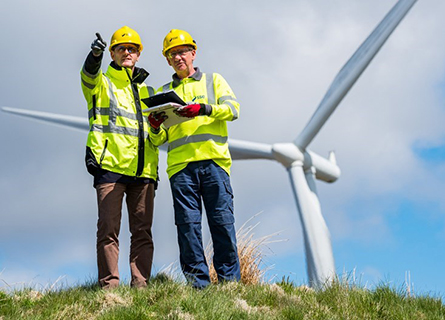
How SSE Supports Communities
We are committed to supporting and sharing value with local communities across the UK and Ireland.
- Major employer across various locations.
- Strengthening local supply chains through our Supplier Diversity Strategy and contractor targets.
- Consulting communities on projects, with dedicated liaison teams for long-term engagement.
- Volunteering, education, and training opportunities to support local initiatives.
Investing in community projects
For over 20 years, we have funded community projects to create lasting benefits. These funds now distribute millions of pounds in community investment annually.
Our community investment fund principles
Community investment funds
Supporting workers and suppliers
Safe and inclusive workplaces
We prioritise safety—if it’s not safe, we don’t do it. Whether fixing power lines, helping customers, or developing future energy technologies, we work as a team, ensuring everyone’s safety.
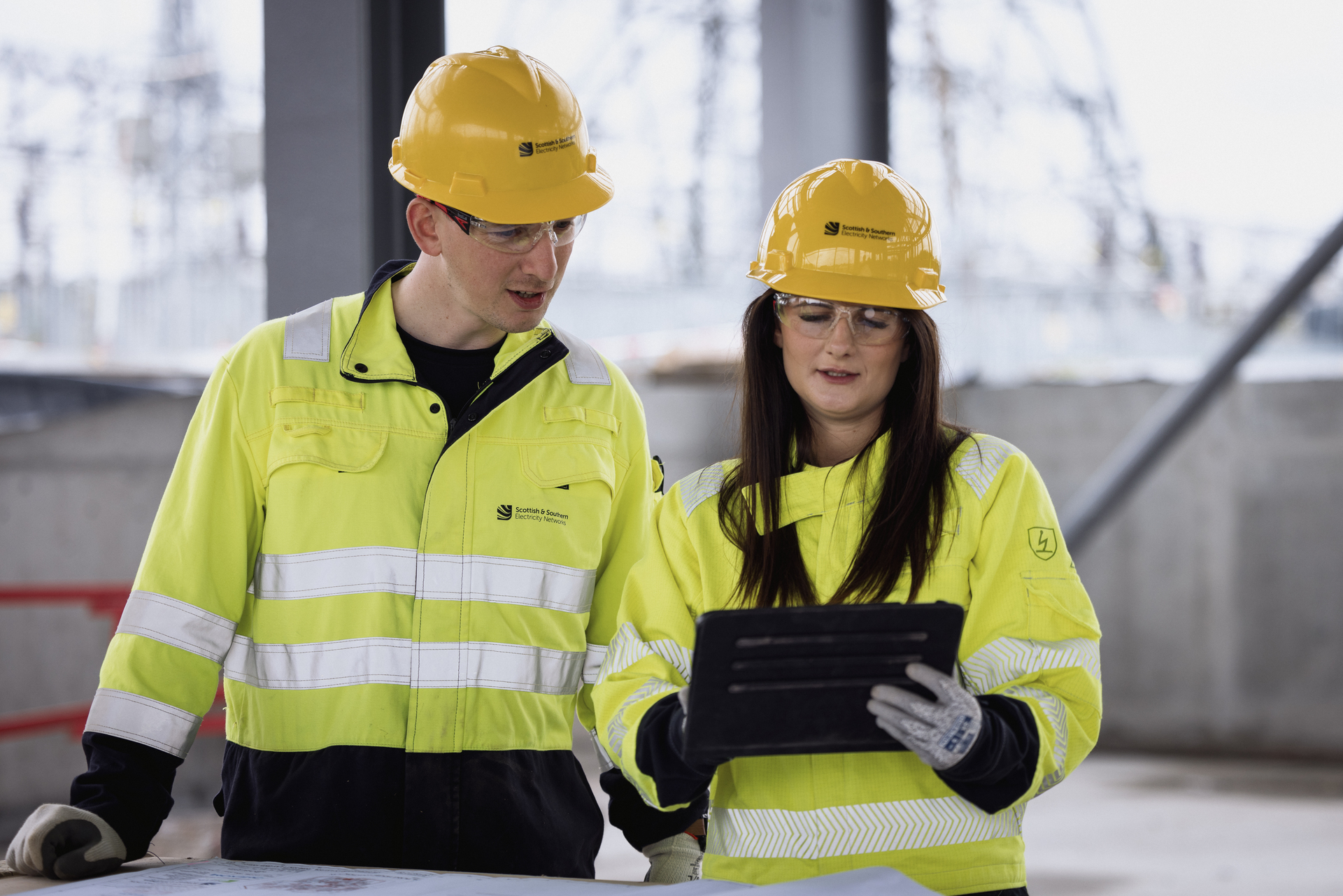
Commitment to inclusion and diversity
To create a fair transition to net zero, we focus on:
- Ambition – Setting and tracking performance goals.
- Education & Development – Building awareness and confidence.
- Inclusive Processes – Ensuring policies work for everyone.
- Employee Voice – Listening to and acting on worker feedback.
We were the first FTSE company to disclose gender pay gap data (2016) and published ethnicity pay gap data in 2024. Our Inclusion & Diversity Reports detail our commitment to social mobility, LGBTQIA+ support, and supplier diversity.

Fair work and human rights
We champion fair pay, hours, and pensions for all employees and suppliers:
- 2013 – Largest UK Living Wage accredited employer.
- 2014 – Living Wage clause added to all UK contracts.
- 2015 – First large corporate Living Wage employer in Ireland.
- 2017 – Extended Living Wage to more supply chain employees.
- 2021 – Became a Living Hours employer.
- 2023 – Secured Living Pensions accreditation, achieving all three Living Wage Foundation standards.
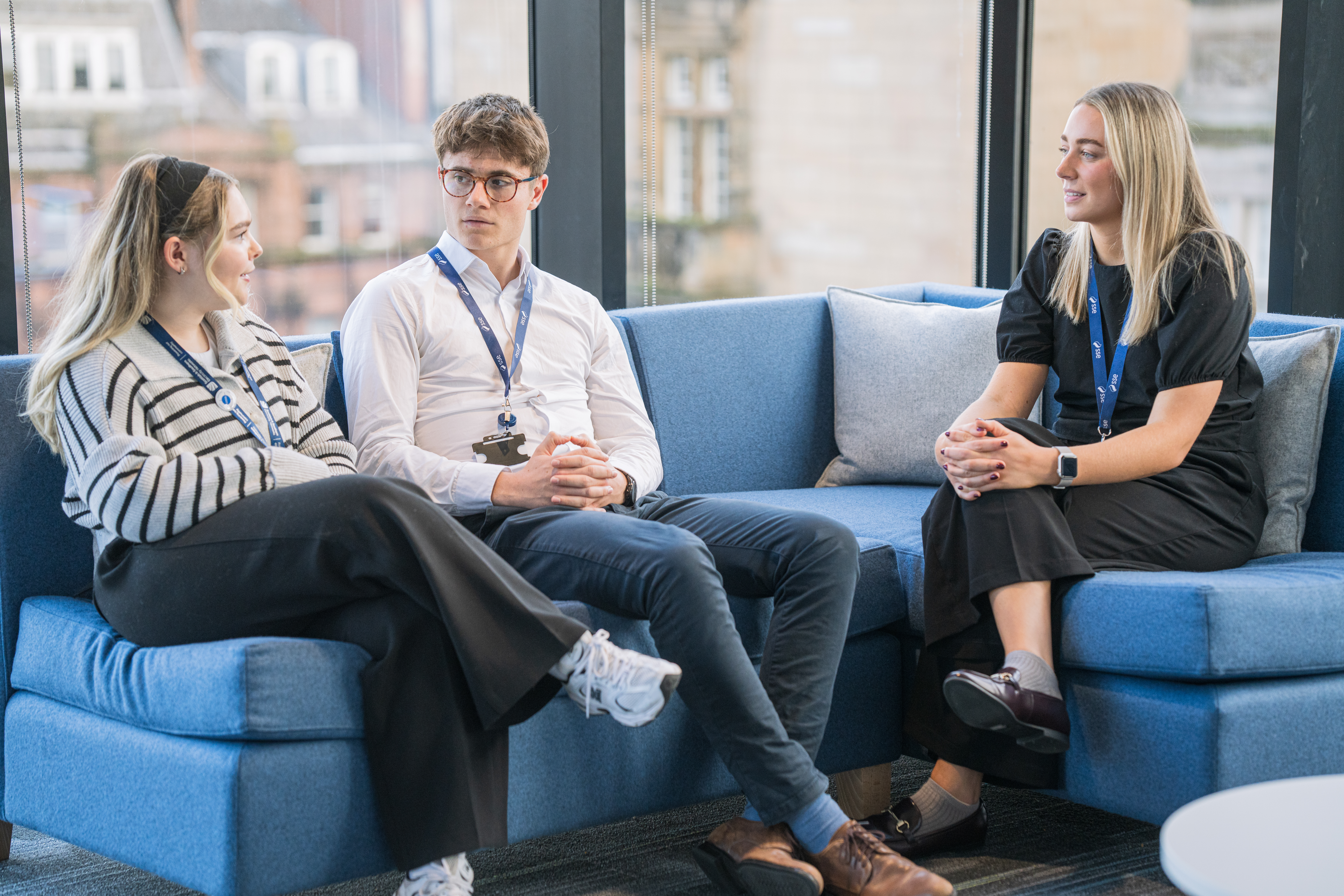
Protecting human rights
We follow the UN Guiding Principles and OECD Guidelines for responsible business conduct.
We work with Stronger Together and the Slave-Free Alliance for expert human rights guidance, and partner with the Supply Chain Sustainability School to help suppliers upskill their workforce.
For more details, explore our Human Rights Report and Modern Slavery Statement.
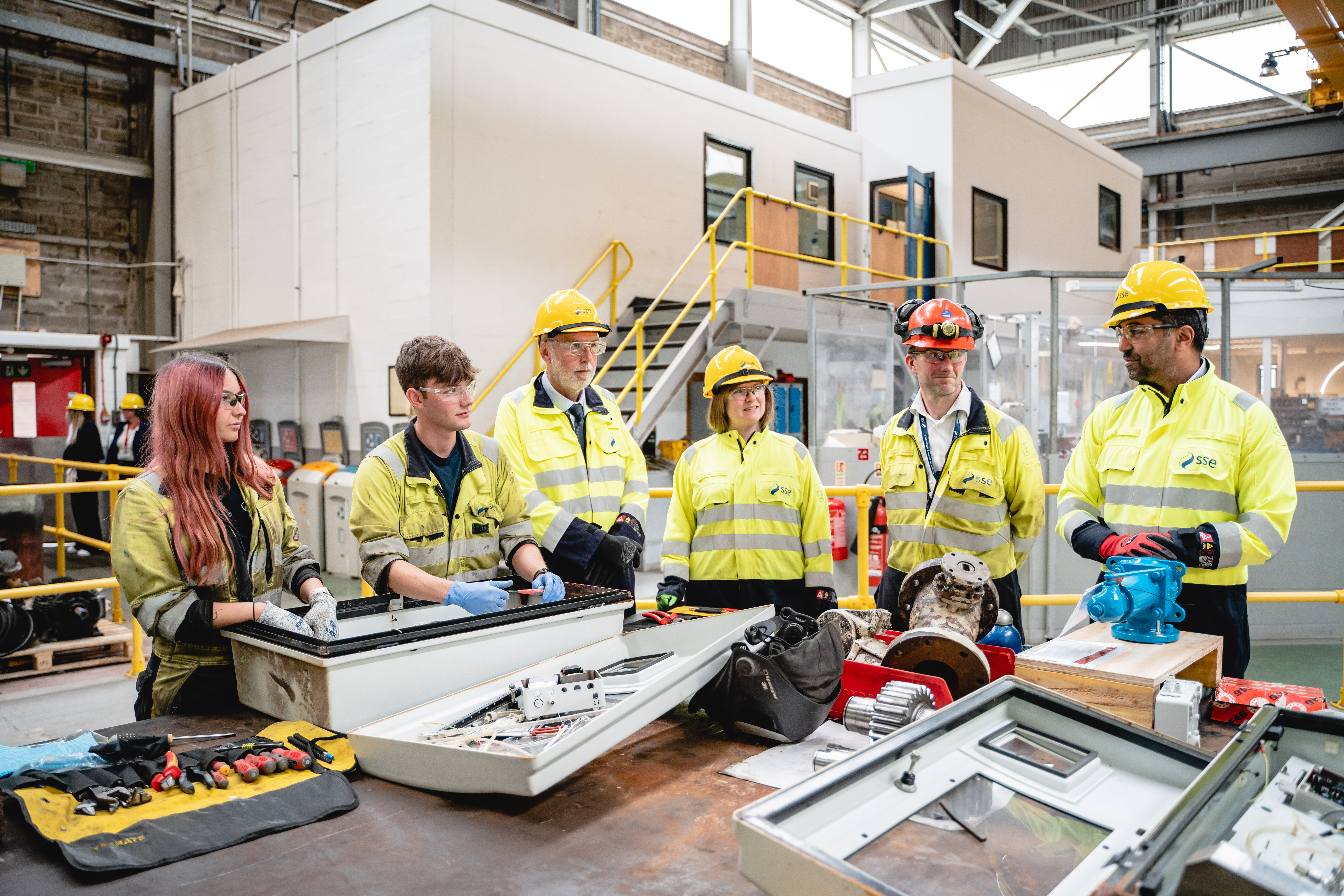
Just transition
The journey to net zero will bring both challenges and opportunities for employees, consumers, communities, and businesses. While some high-carbon jobs may be lost, new low-carbon careers and technologies will emerge, creating fresh economic opportunities.
At SSE, we are committed to shaping a just transition—maximising shared prosperity while minimising negative impacts. Our 2024 Just Transition Strategy builds on our pioneering 2020 framework.


